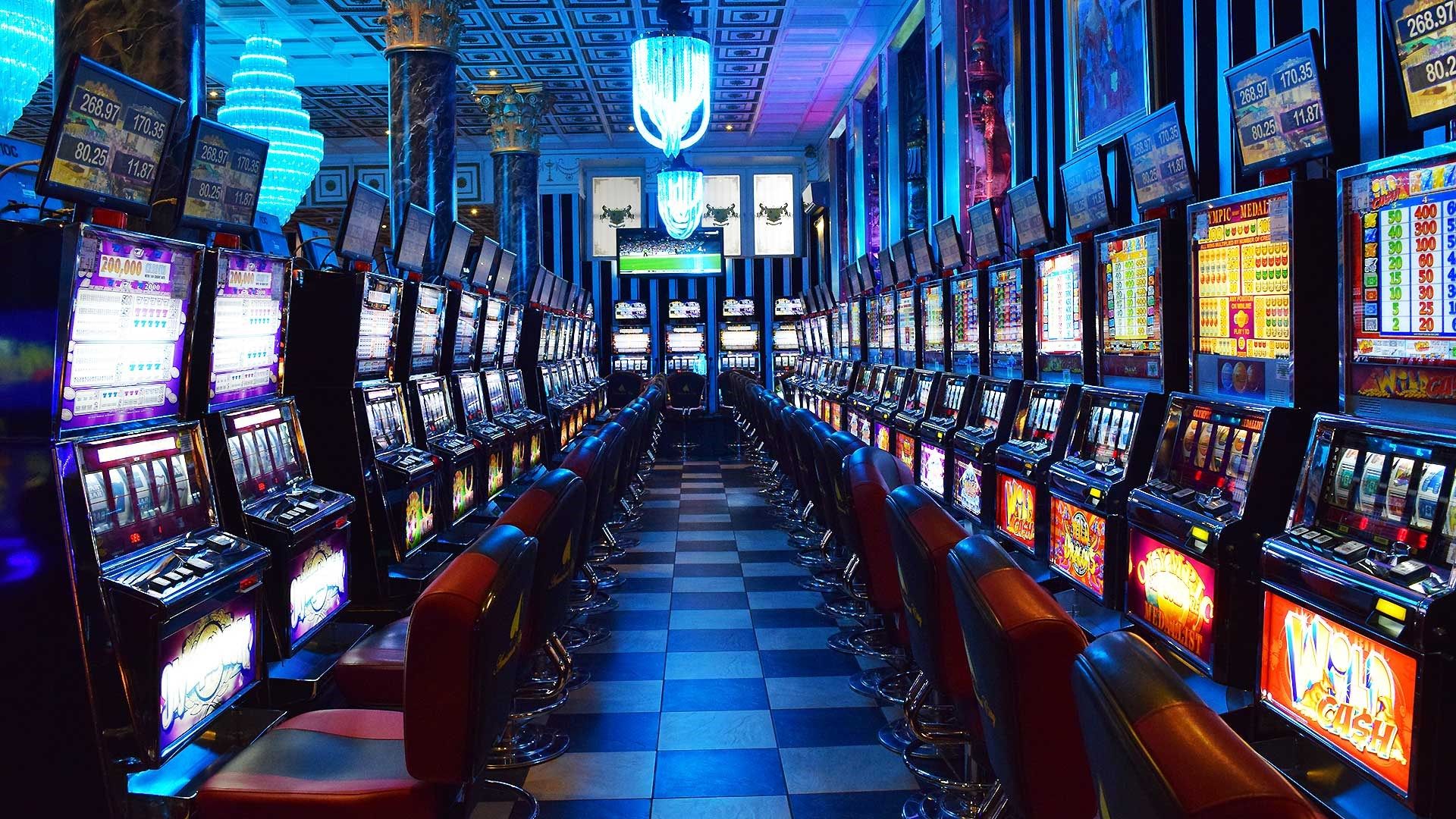
Casino entertainment have long been a fascinating source of amusement, drawing millions of players from varied cultures around the globe. From the lively casinos of Las Vegas to the thriving gambling halls of the Chinese gambling capital, these games serve as a bridge that connects people across different backgrounds. The allure of chance, strategy, and gambling entices not only those looking to win money but also those looking for a feeling of belonging.
The significance of casino games extends well beyond the gaming floor. They often represent the values and traditions of the cultures in which they prosper. Games such as Texas hold ’em, pontoon, and the spinning wheel have embedded themselves into the fabric of popular culture, influencing various aspects from movies to clothing. As we explore this fascinating intersection of gambling and life, we can better understand how casino games shape and are shaped by the environment surrounding us.
Chronological Evolution of Gambling Games
The origins of gaming activities can be traced back to old civilizations, where gambling in various forms was widely practiced. In the East, around two thousand three hundred years before Christ, a type of luck game known as Keno was common, while in ancient the Roman Empire, soldiers would often bet on the outcomes of their games. 78WIN Đăng nhập The notion of using luck for amusement and profit progressed over the ages, leading to the creation of more organized activities. By the end of the Middle Ages, betting houses started to surface in European nations, especially in Italy, which presented early incarnations of famous activities still enjoyed today. 78WIN
As gambling gained fame in Europe, the 17th and 18th centuries saw the emergence of casinos as exclusive locations for gambling. The initial official casino, the Ridotto, was established in Venice in sixteen thirty-eight, providing activities like Baccarat and the game Faro. This time marked a crucial pivoting point, as casinos commenced to attract not just the wealthy but also the burgeoning middle class. The sophistication of games grew, leading to the introduction of new guidelines and versions that enriched the experience of players.
In the 19th century, the era of industrialization and changes in social norms also changed the landscape of gaming activities. The introduction of roulette and modern slot machines pulled in a larger crowd, and gaming houses became seen as legitimate forms of fun. This era witnessed the globalization of gambling, as casinos spread from Europe to the New World, culminating in the development of the legendary Las Vegas Boulevard in the twentieth century. The progress of gambling activities has persisted into the current era, incorporating technology and digital sites, rendering them accessible to a universal population.
# Cultural Relevance within Different Cultures
Casino activities have profound cultural importance within many communities around the globe. Places like Las Vegas, the very fabric of the city is woven around casinos, where playing is not just a recreational activity but a key aspect of leisure and community life. The dazzling lights and vibrant atmosphere attract countless individuals, showcasing how games of chance can impact local economical structures and cultural identities. This setting transforms the notion of leisure into an enriching experience that influences fashion, sound, and even film.
In contrast, some communities approach betting with greater care, considering it through the lens of ethical considerations and customs. For example, in many Eastern communities, games like Mahjongg and Pai Gow Poker are rich with history and carry significant social implications. These games are often played during get-togethers and occasions, fostering social ties and solidifying familial ties. The act of participating in these games goes above mere entertainment, reflecting ethics such as respect for elders and the importance of communal fun.
Meanwhile, in Western countries such as the principality of Monaco and the Italian Peninsula, casino games serve as symbols of wealth and refinement. The refined atmosphere of these establishments attracts both tourists and residents, reinforcing a sense of prestige and rarity. The art of Texas Hold’em and the tactical components of games like baccarat are appreciated, shaping interpersonal interactions and cultivating an allure that enthralls a diverse audience. This underscores how casino games can both reflect and shape cultural attitudes towards hazard, gain, and social interaction.
Financial Influence and Tourism
Casino games play a crucial role in the financial context of many regions, particularly those that depend significantly on tourism. The revenue produced from casino operations fuels local economies, creating employment opportunities not only within the casinos but also but also in related sectors such as hospitality, dining, and recreation. This influx of tourists, drawn by the attraction of games and the overall gaming environment, stimulates spending across multiple businesses, contributing to the economic health of the region.
The presence of casinos often leads to the development of infrastructure, including hotels, public transit, and leisure amenities. These improvements are essential in enhancing the overall visitor satisfaction, making locations more appealing to visitors. Additionally, many casinos contribute in local communities through sponsorship of events and charitable initiatives, further integrating themselves into the community structure of the locality. Such investment not only supports economic growth but also cultivates a positive image of the gambling sector.
Furthermore, the worldwide appeal of casino games drives competitive tourism, with regions vying to attract gamblers from across the globe. Iconic locations like Las Vegas and Macau have become identifiable with casino culture, drawing millions each year. This competitive edge encourages creativity and variety within the gaming industry, influencing trends in leisure and accommodation that extend beyond their borders. The consequences of this visitor influx extend wide, impacting local economies and cultural exchanges on a worldwide scale.